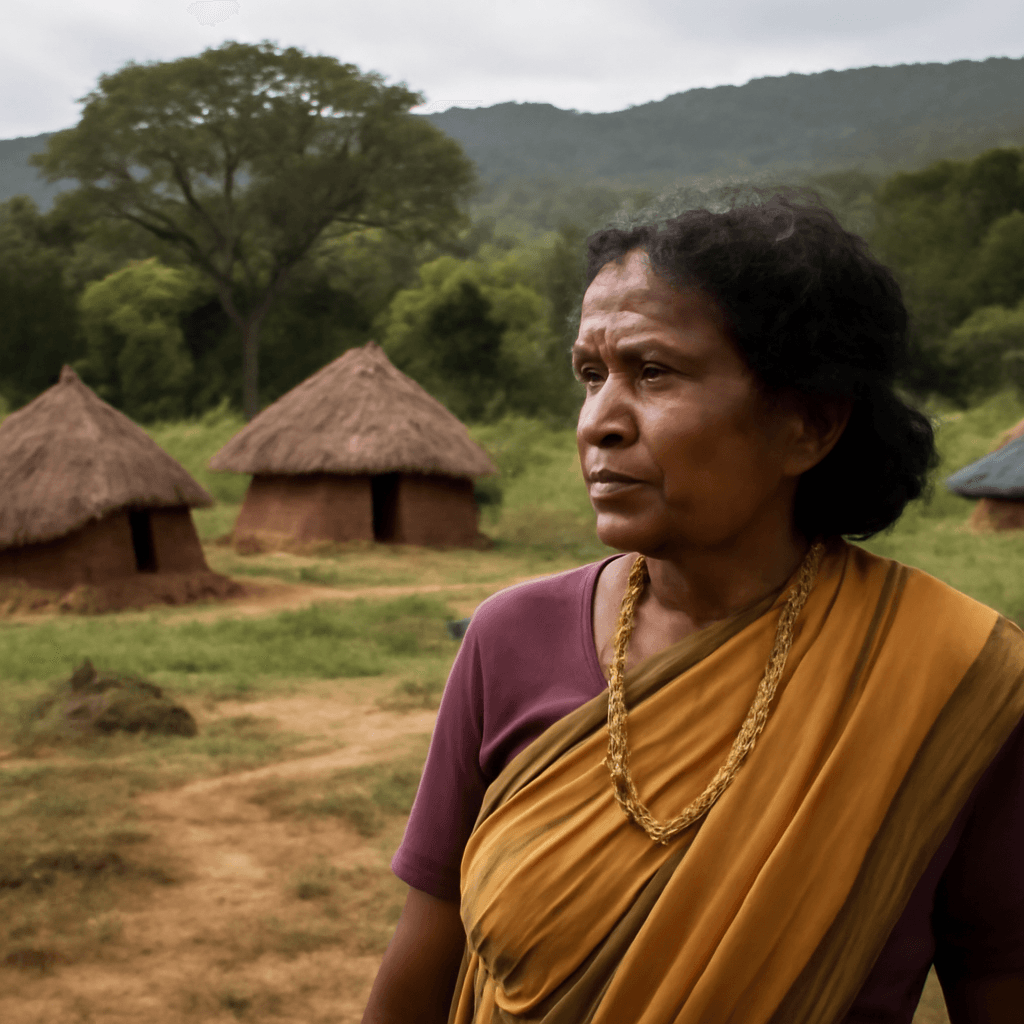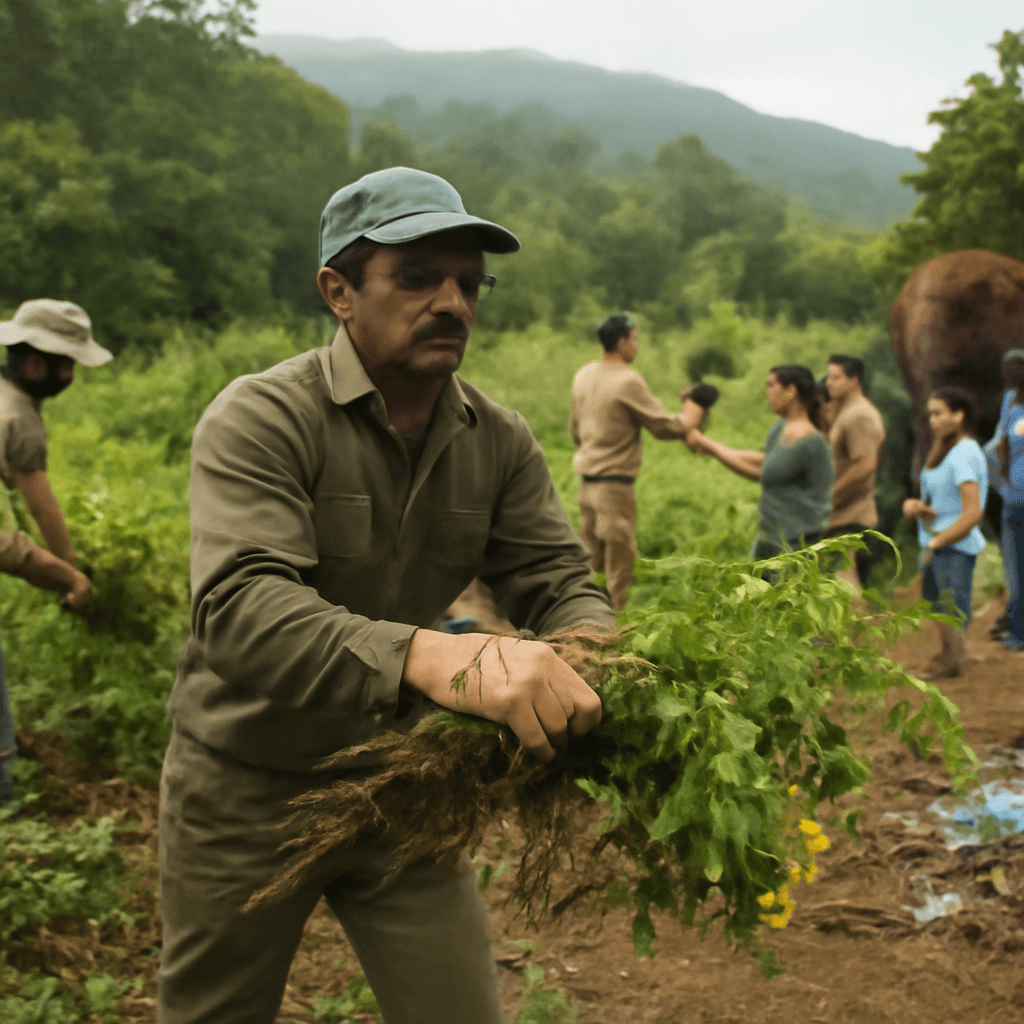Adivasis Struggle Against Displacement from Ancestral Lands
Indigenous communities, known as Adivasis, across India are increasingly displaced from their ancestral territories due to the expansion of tiger conservation projects and tourism development. Despite existing protective legislation, inadequate enforcement and dilution of these laws have intensified their displacement and rights violations.
Reoccupation Amid Continued Struggles
Members of the Jenu Kuruba tribe recently reoccupied their ancestral land within the Nagarhole Tiger Reserve, 35 years after forced eviction. Their community faces ongoing tensions with authorities, who have historically restricted religious practices and cultural rituals tied to the land.
J C Shivamma, a Jenu Kuruba representative, emphasized the deep spiritual connection the tribe maintains with their land, describing how the forest department’s restrictions disrupted burial rituals and cultural ceremonies. She asserted, "If we have to die, we will die on our ancestral land."
Confrontations and Resilience
The tribe’s eviction history included violent tactics such as destruction of homes and fields by forest officials and introduction of elephants to disrupt agriculture. However, the community now experiences some revival—collecting honey, utilizing natural water sources, and passing down traditional knowledge and songs silenced for decades.
Shivu JA, another community member, highlighted that their rights were already established but remain unrecognized by the forest department, which conditions their right to inhabit the land on formal recognition. In response, the Jenu Kurubas have initiated legal proceedings under the Scheduled Castes and Scheduled Tribes (Prevention of Atrocities) Act, contesting the denial of their forest rights and appealing rejected claims.
Systemic Challenges in Rights Recognition
Legal experts and scholars stress the widespread nature of these issues. The failure to implement the Forest Rights Act of 2006 effectively undermines indigenous communities nationwide.
Nitin Rai, a scholar, questioned the persistent denial of indigenous rights despite existing legislation. Activists call for collective advocacy strategies to address recurring patterns of displacement and rights violations across various Indian states.
Key Takeaways
- Ancestral displacement: Adivasi communities face forced eviction due to tiger conservation and tourism projects.
- Legal gaps: Inadequate implementation of the Forest Rights Act 2006 results in denied rights recognition.
- Cultural disruption: Restrictions impact traditional rituals and community cohesion.
- Community resilience: Reoccupation efforts and revival of cultural practices persist despite challenges.











